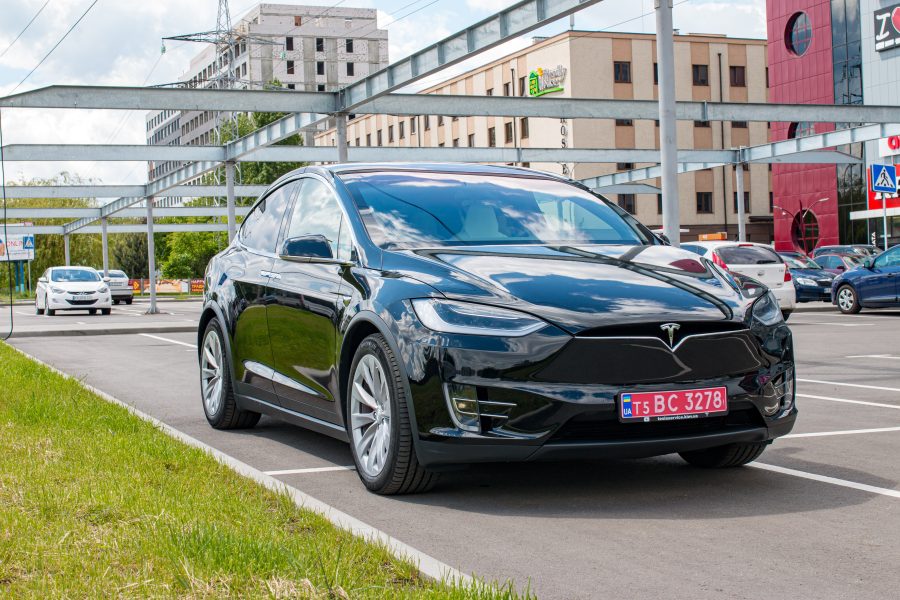The automotive industry has always been at the forefront of technological advancements, and it shows no signs of slowing down. As we look ahead, there are several groundbreaking technologies poised to revolutionize the way we drive, making our roads safer, more efficient, and more environmentally friendly.
1. Autonomous Vehicles Leading the Way

Autonomous vehicles, often referred to as self-driving cars, have been making headlines for several years now. Major players like Tesla, Waymo, and General Motors are continually advancing their autonomous driving technology. These vehicles have the potential to reduce accidents caused by human error, improve traffic flow, and provide greater mobility for individuals with disabilities or limited access to transportation.
2. Electrification of the Auto Industry
The shift toward electric vehicles (EVs) is another major trend in the automotive sector. Companies like Tesla, Nissan, and Chevrolet have already made significant strides in this area, offering affordable and increasingly efficient electric cars. With concerns about climate change and emissions, the adoption of EVs is expected to accelerate, leading to a reduction in greenhouse gas emissions and a decrease in our dependence on fossil fuels.
3. Connectivity and the Internet of Things (IoT)
The concept of the "connected car" is becoming a reality, thanks to the Internet of Things (IoT). Modern vehicles are equipped with sensors and connectivity features that allow for real-time data sharing, improved navigation, and enhanced safety. These technologies not only make driving more convenient but also lay the foundation for vehicle-to-vehicle (V2V) and vehicle-to-infrastructure (V2I) communication systems, which can prevent accidents and reduce traffic congestion.
4. Advanced Driver Assistance Systems (ADAS)
Advanced Driver Assistance Systems are already making our roads safer. Features like adaptive cruise control, lane-keeping assistance, and automatic emergency braking are becoming standard in many vehicles. As these systems continue to evolve, they will play a vital role in the transition to fully autonomous driving.
5. 5G Connectivity and Over-the-Air Updates
The implementation of 5G connectivity in vehicles will enable lightning-fast data transfer, paving the way for more robust infotainment systems and improved vehicle-to-cloud communication. Additionally, over-the-air (OTA) updates will become commonplace, allowing manufacturers to enhance vehicle performance and security remotely.
6. Sustainable Materials and Manufacturing
The automotive industry is also becoming more environmentally conscious in its manufacturing processes. From using recycled materials in vehicle construction to developing sustainable, energy-efficient production methods, car manufacturers are actively working to reduce their carbon footprint.
The automotive industry is on the cusp of a technological revolution that promises to reshape the way we think about transportation. As autonomous vehicles, electric cars, connectivity, and sustainability continue to drive innovation, we can look forward to safer, more efficient, and more environmentally friendly roads in the years to come. The future of driving is indeed an exciting one.


